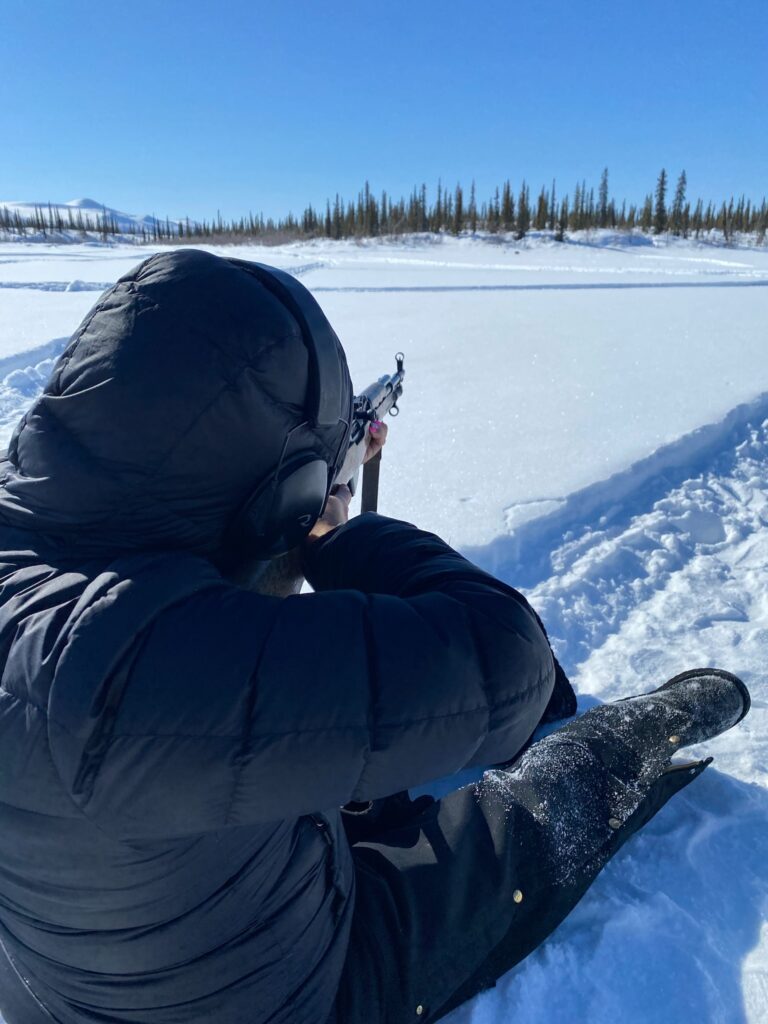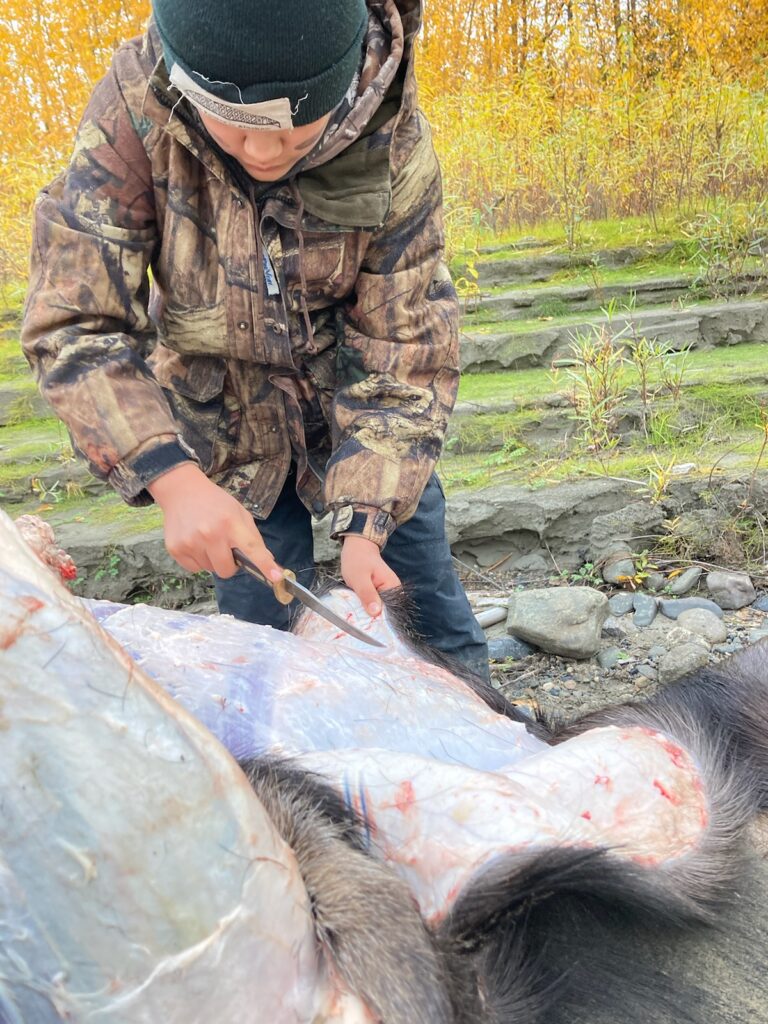Hunting Advocacy & Decision-making Positions
About the Alaska Board of Game
The Board of Game’s main role is to conserve and develop Alaska’s wildlife resources. This includes establishing open and closed seasons, areas for taking game, setting bag limits, and regulating methods and means. The board is also involved with setting policy and direction for the management of the state’s wildlife resources. The board is charged with making allocative decisions, and the Department of Fish and Game is responsible for management based on those decisions.
Read an overview of how regulations are made.
The Board of Game consists of seven members serving three-year terms. Members are appointed by the governor and confirmed by the legislature. Members are appointed on the basis of interest in public affairs, good judgment, knowledge, and ability in the field of action of the board, with a view to providing diversity of interest and points of view in the membership (see Alaska Statute 16.05.221).
The board meeting cycle generally occurs from October through March. The board considers changes to regulations on a region-based schedule, wherein each region is discussed on a three-year cycle (see “Three-Year Meeting Cycle” below).
Board of Game meetings vary in duration from 5 to 11 days and occur in communities around the state. The board may also meet due to a court action, legislation or an emergency situation. The board uses biological and socioeconomic information provided by the Alaska Department of Fish and Game, public comment received from people inside and outside of the state, and guidance from the Alaska Department of Public Safety and Alaska Department of Law when creating regulations that are sound and enforceable.
The Board of Game’s authority to adopt regulations as described in AS 16.05.255. Those regulations can be found under 5 AAC Chapters 84, 85, 92, and 99.
Board of Fisheries Authority
The Board of Fisheries is established under Alaska Statute 16.05.221 for the purposes of the conservation and development of the fisheries resources of the state. The Board of Fisheries has the authority to adopt regulations described in AS 16.05.251 including: establishing open and closed seasons and areas for taking fish; setting quotas, bag limits, harvest levels and limitations for taking fish; and establishing the methods and means for the taking of fish. The regulations the Board of Fisheries has authority over are 5 AAC Chapters 1- 77.
Quick Links to Board of Game
- Board of Game Homepage
- Members
- Meeting Information
- Proposal Book
- Findings & Policies
- Forms


About the Proposal Process
The Board of Game operates on a three-year cycle (PDF 205 kB), alternating which subjects are under consideration. A “Call for Proposals” is issued, enumerating the subjects for a given meeting, and listing the deadline for receiving proposals (May 1, unless May 1 falls on a weekend, in which case the deadline is the Friday prior). See “Proposals” above for more information.
Learn more about the Board of Game proposal process.
Emergency Petitions
The Boards of Fisheries and Game recognize that in rare instances circumstances may require regulatory changes outside the regular process. The problem outlined in an emergency petition needs to justify a finding of emergency. In accordance with state policy expressed in AS 44.62.270, emergencies will be held to a minimum and are rarely found to exist. Read the full policy on emergency petitions (PDF 25 kB) or contact the Boards Support office for information at (907) 465-4110.
Comments To The Board of Game
The Board of Game will set time periods to accept comments on proposals being considered by the Board. You can review the meeting information webpage for details on specific meetings. Public comments must include first name, last name, community of residence, and proposal numbers for which the comments pertain. Comments without this information will not be part of the board meeting workbook, indexed, or cross referenced with proposals, but they will be compiled and posted on the meeting information website. The Board also states that any “comments having defamatory wording will be redacted or denied. Written comments that are submitted are public records and are subject to public inspection.”



